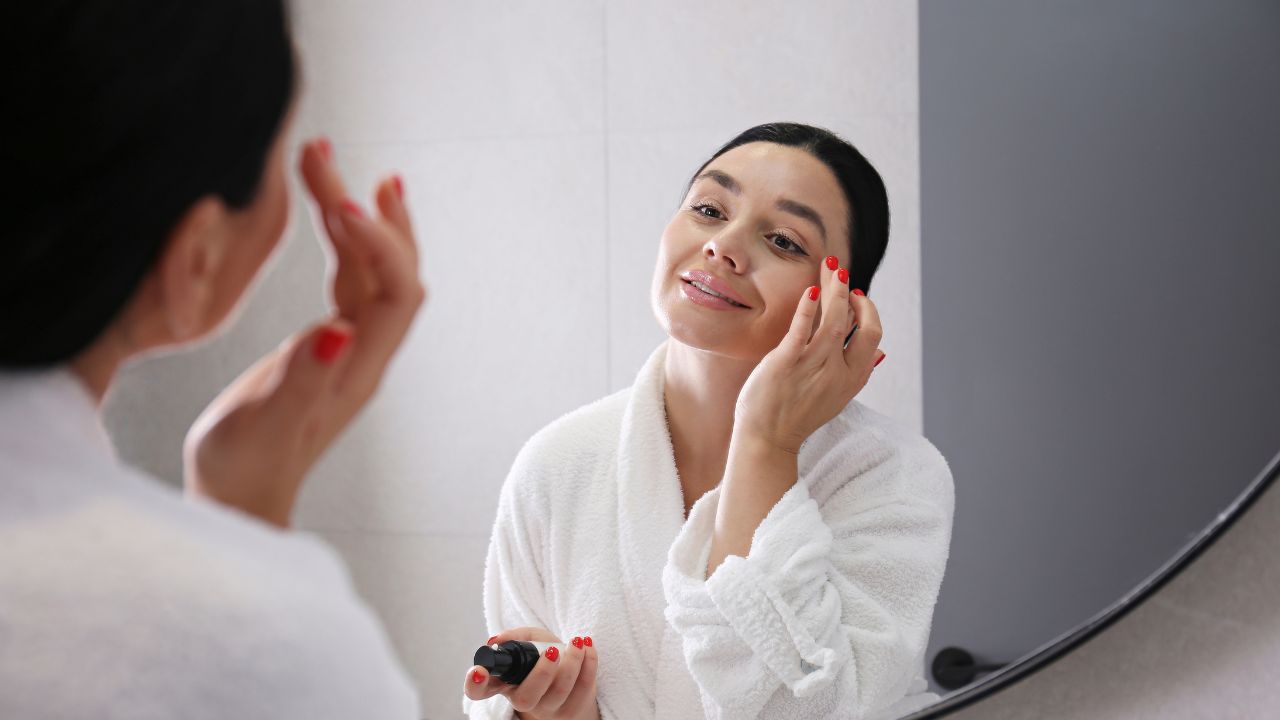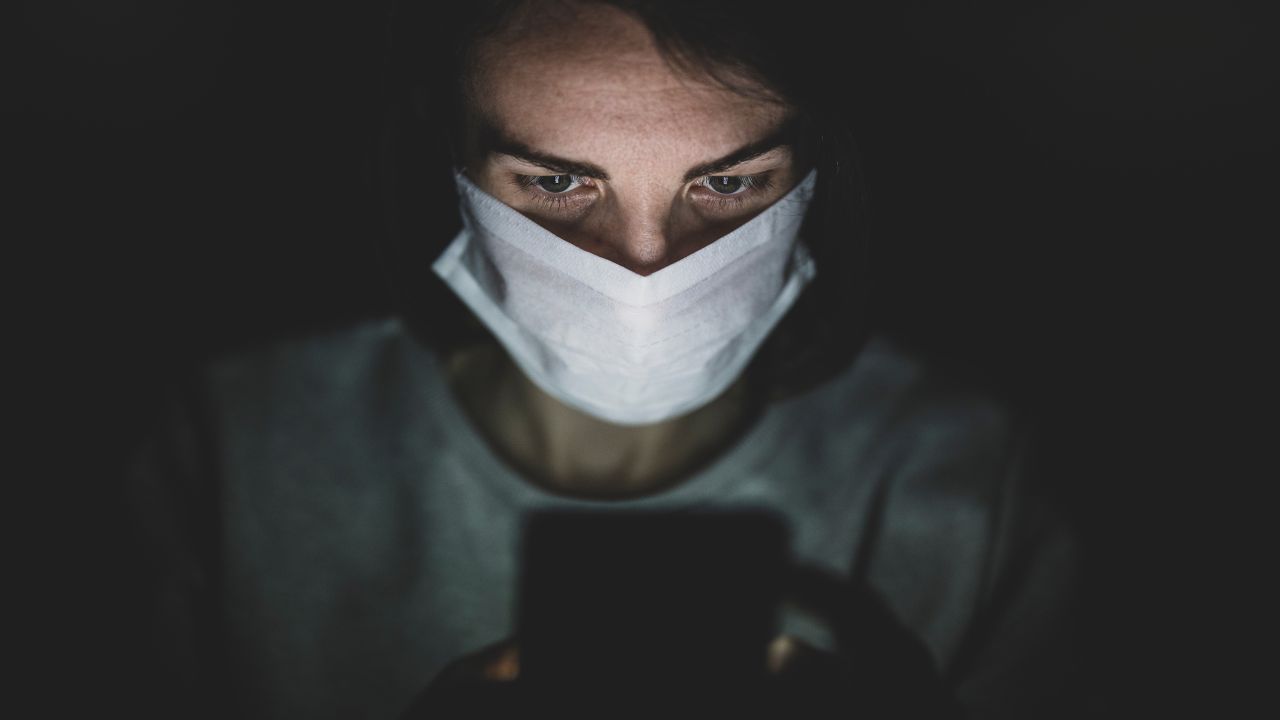Social media is a powerful tool when used responsibly. In the medical field, navigating social media is more challenging.
That’s because nurses may risk reputational damage, legal consequences, disciplinary action from the nursing board, and job termination if they post content that violates a colleague's, a hospital's, or—most importantly—a patient’s privacy and safety.
This isn’t to say that a nurse should be overly worried about posting on a day-to-day basis. After all, social media is part of our reality.
Posting content about education, advocacy, or simply drawing the curtain back to reveal the human side of nursing is an effective way to get your message out.
If you are a nurse, knowing the rules and the “dos and don’ts of social media” will protect you against certain legal and reputational repercussions.
Here are some things to keep in mind if you have a nursing social media presence.
Why nurses use social media (and why it matters)
In today’s connected world, nurse social media presence is everywhere—and we love it! Having a nurse social media persona that explains all the fun, boring, and chaotic parts of nursing is a blessing for other nurses looking for solidarity.
Before diving into rules, let’s acknowledge why nurses show up on social media:
- Education: Share tips, health literacy, myth-busting, and raise awareness.
- Advocacy: Highlight issues in healthcare, policy gaps, and patient rights.
- Connection: Build community with peers, students, and patients (within boundaries).
- Humanization: Show the real side of social media in nursing—the hardships, the wins, the behind-the-scenes.
- Branding: Build influence, support, or consulting roles by using your online platform for branding.
Using social media responsibly as a nurse is a great practice. But the balance is delicate. A misguided post can lead to serious fallout, and there are accounts of nurses fired for social media posts.
When things go wrong: Nurses fired for social media posts
Before we get started, here’s what to keep in mind: A HIPAA violation can have serious consequences for healthcare professionals. In minor cases, it may result in a verbal or written warning; however, when protected health information (PHI) is shared on social media, termination of employment is often the consequence.
Let’s get to the chisme (gossip) and examine real-life examples of nurses who lost their jobs. These cautionary tales highlight the importance of establishing and enforcing boundaries and policies.
Here are some real examples of cases where a nurse was fired for going too far on social media:
Nurse fired for sharing protected patient Information
In 2018, a nurse at Texas Children’s Hospital was terminated after posting about a young measles patient in a Facebook group for anti-vaccine supporters.
According to The HIPAA Journal, the hospital stated that the nurse had shared protected health information on social media, violating both HIPAA regulations and hospital policy.
Although she attempted to delete the posts before an investigation began, the breach had already occurred. Her dismissal was not due to her personal beliefs but because she disclosed confidential patient information without consent.
Nurse fired for a political punch
In 2024, one notable case of a nurse fired for posting on social media involved a New York-Presbyterian Hospital nurse who was terminated after making an inappropriate post about the assassination attempt on President Trump.
Other healthcare workers in Florida and Texas also faced disciplinary action for posting insensitive reactions to the shooting online.
Nurse fired for TikTok med-pass livestream
A nurse livestreamed a medication pass on TikTok. Even though she claimed she didn’t display patient identifiers, the patient’s name was spoken, and the nurse made a medication error. The act triggered a Board of Nursing investigation and led to termination for potential HIPAA violation.
This demonstrates that live content from clinical settings often blurs lines and may distract. In this case, viewers noticed a nurse’s social media post and called her out for violating privacy.
Nurses fired for mocking patients
According to a report from the Los Angeles Times, several healthcare workers at Sansum Clinic in Santa Barbara, California, were terminated after a former employee posted a TikTok video mocking patients’ bodies.
The now-deleted video, shared by the ex-employee of the nonprofit outpatient clinic operated by Sutter Health, sparked swift backlash and led to the dismissal of the involved staff members.
Globally, cases have surfaced where healthcare employees—including nurses—were fired for social media post content that mocked or disrespected patients.
These cases underline the stakes: when nurses use social platforms, they’re held to high standards—not just legally, but ethically and publicly.
So, when you see a headline like “Nurses Fired for Posting on Social Media,” don’t assume it’s clickbait. These cases do happen, and real consequences apply.
Dos for nurse social media posting
Now let’s shift to the bright side. Here’s how nurses can use social media professionally to spread messages of laughter, awareness, and education safely:
Do: Know your employer’s policy
Many hospitals and clinics have social media policies—some are public, while most are internal. The American Nurses Association (ANA) urges nurses to review and adhere to their employer’s guidelines.
If there’s no policy, request one, or ask HR or legal to clarify what’s allowed, what’s not, and what oversight exists.
Do: Separate personal vs professional profiles
Avoid mixing personal content with your professional identity. Keep a professional nursing account for educational, advocacy, or resource content—and maintain a personal account for your friends, hobbies, and casual posts (with tighter privacy settings).
Always assume patients, administrators, and licensing boards may see what you post.
Do: Use disclaimers and clarify opinions
If you mention your job or nursing identity in your bio, add a disclaimer like “opinions are my own, not those of my employer.” This helps clarify when you’re speaking from a personal perspective, not representing the institution.
Do: Maintain patient confidentiality, always
Never share any protected health information (PHI). That includes names, images, age or admission date, diagnosis, treatment, or photos/screens in the background that could identify a patient. Even small details might be re-identified.
Do: Share de-identified or aggregate stories
Don’t be afraid to tell stories about your nursing experiences—but make them generic. Remove identifiers, combine experiences, change details. Use it to teach, not to sensationalize.
Do: Get consent when needed
If you truly want to share something patient-related (e.g., a success story), obtain written consent, ensure the patient is aware of how it will be used, and consider seeking institutional review and approval.
Do: Engage thoughtfully, not emotionally
On contentious topics, use care. Avoid anger, flame wars, or posting in the heat of the moment. Disagreements over policy, ethics, or public health are valid, but always try to maintain professionalism. If you have any doubts, don’t post.
Do: Use privacy settings and review before posting
Set accounts to either private (for personal use) or public (for professional use). However, remember that privacy isn’t foolproof. Screenshots happen. Always double-check images, metadata, backgrounds, captions, tags, and audio.
Do: Give value
Post health education, myth-busting, safe practices, self-care tips, de-stress ideas, or policy updates. Build credibility, not controversy. You’re part of the nursing social media community—not just entertainment.
Do: Network and mentor
Use social media to connect with nursing students, new grads, or colleagues. Offer encouragement, resource lists, or tips.
Become a helpful voice in the social media nursing community.
Don’ts for nurse social media
Let’s discuss common missteps that occur when using social media as a nurse.
Avoid these to protect your license, reputation, and employment:
Don’t: Post patient stories or examples
Even well-intentioned anecdotes risk disclosing PHI. A nurse violating HIPAA on social media is a real risk—not just by naming patients, but by revealing too much detail.
Don’t: Post from clinical settings
Avoid taking photos or videos in patient care spaces—even if patients aren’t in view. A chart or monitor might get captured. A patient’s name may be called out by someone not in the video. The ANA warns against this.
Don’t: Connect with patients digitally
Avoid accepting friend requests from patients or family, or messaging them. That blurs professional boundaries and introduces privacy risks.
Don’t: Vent about patients, coworkers, or employers publicly
Even vague complaints or sarcasm can reflect poorly and be interpreted as defamation or breach of trust. If you must vent, do it privately and consciously—with trusted peers or mentors, or seek professional help for bigger issues.
Don’t: Share controversial political or clinical takes without caution
Nurses have opinions—and may engage in advocacy—but be cautious not to appear as speaking on behalf of your institution or profession without authority. Some posts may be viewed as unprofessional or biased by employers.
Don’t: Ignore HIPAA
Posting any PHI is dangerous, including public, private, or hidden in images or captions. A nurse who violates HIPAA on social media may face termination, fines, or license issues. Even if you avoid names, details may re-identify patients.
Don’t: Livestream medical tasks
As the earlier TikTok case shows, nurses fired for posting on social media include those who live-streamed clinical procedures or med passes.
Don’t: Assume “private” means safe
Even closed groups or “friends only” settings have loopholes. Members of closed groups may screenshot, share, or repost. Once shared, control is lost, and you don’t want to risk this.
FAQ: What people ask about nurse social media
Let’s tackle your final key questions about nurse social media presence:
Can a nurse be fired for posting on social media?
Yes. Employers often treat social media posts as part of professional conduct. If your post violates internal policy, confidentiality rules, or reflects poorly on the institution, termination is possible. Many nurse-firing cases for social media posts stem from HIPAA violations or unprofessional behavior.
What social media posts can cost a nurse their job?
Posts that disclose PHI, criticize patients or institutions, share sensitive or graphic images, livestream clinical tasks, or violate employer policies. Additionally, posts that go viral and damage an institution's reputation can lead to termination.
What rules must nurses follow on social media?
Adhere to HIPAA, employer policies, licensing board guidelines, and professional ethics. Maintain confidentiality, separate personal from professional, avoid oversharing, and always behave respectfully—even online.
How should nurses separate personal vs professional profiles?
Keep one account professional (for advocacy and nursing content) and another personal (for friends, hobbies, and closed connections). Don’t mix them. Tighten privacy settings on personal accounts, avoid naming your employer there, and be careful what you share—even with friends.
Is it okay for a nurse to post a photo from a hospital shift on Instagram?
Only if the photo shows none of the following: patients, identifying charts, monitors, rooms, or anything that can violate confidentiality. Even then, many workplaces forbid any in-hospital posting. Always get permission and verify policies before posting.
What are the HIPAA implications of nurse posts on social media?
If a nurse violates HIPAA on social media, the consequences may include termination, fines, license discipline, and criminal charges, depending on the severity of the violation. Even accidental disclosure can be serious. Always avoid posting PHI or identifiable patient info.
Balancing visibility and responsibility
Your voice matters. When done well, nurses on social media are a force for education, advocacy, connection, and recruitment. However, the path is narrow—missteps can have serious consequences.
Here’s how to strike that balance:
- Start with purpose: Know why you post. Is it to teach, advocate, inspire, or build community? Let that guide your content.
- Plan content ahead: Draft captions, review images for background PHI, and get a second opinion if unsure.
- Be consistent: Choose topics you’re confident in: patient safety, self-care, policy, wellness—not rumors or gossip.
- Stay humble: Admit when you're uncertain. Don’t present yourself as omniscient.
- Monitor feedback: Engage politely, correct misinformation if necessary, and avoid getting drawn into toxic debates.
- Continuously audit: Revisit past posts. As standards change, things that were once acceptable may now be considered risky.
- Know when to delete or apologize: If a post crosses a line, remove it, own up to the mistake, and learn from it.
Being a smart nurse on social media
Navigating nurse social media is an art of balance and discipline. If you are a nurse with a lot to say, you shouldn’t be afraid to use your voice. However, knowing how to utilize your social media platforms responsibly will protect your reputation and job.
You may want to start by creating a professional social media page separate from your personal accounts. That separation will also help protect your privacy and freedom to express yourself.
The real power? Use your platform to be a force for good. Empathize, educate, and advocate while safeguarding privacy and professionalism.
Craving a flexible schedule and more freedom? Pick up shifts with Nursa, a healthcare staffing app that connects you with local per diem opportunities in your area.
Sources:
- The HIPAA Journal: TikTok Live Incident Results in Termination and Board of Nursing Investigation
- The HIPAA Journal: What Happens if a Nurse Violates HIPAA
- LLF National Law Firm: Dangers of Social Media: Nurse Fired For Political Post
- NPR: Texas Nurse Loses Job After Apparently Posting About Patient In Anti-Vaxxer Group
- Los Angeles Times: TikTok video showing Santa Barbara clinic staff mocking patients stirs anger














